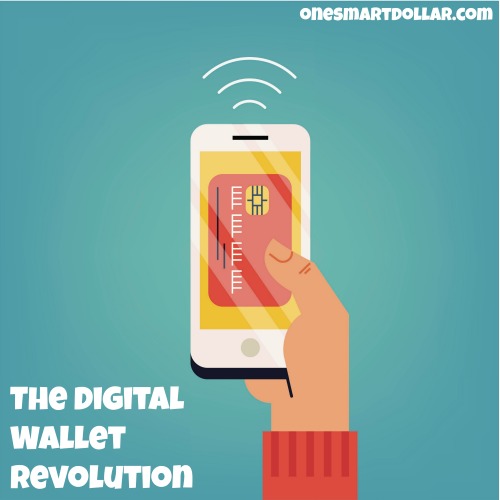
You may have noticed the uptick of digital wallet commercials, which (not so coincidentally) happens to coincide with the holiday shopping season. These television commercials all point to one thing: digital wallets are about to be the next big thing, especially since Apple Pay is now a major player.
Lack of Consumer Confidence
Although digital wallets have been around for at least a decade, they haven’t really gained traction. According to a recently published Gallup survey, only 13 percent of American smartphone users currently utilize a digital wallet. Moreover, only two percent of all Americans use a digital wallet. Another study, which was conducted by Phoenix Marketing International and was delivered at the Money 20/20 conference, found that 64 percent of smartphone users would consider using a digital wallet that was provided by their financial institutions, while only 32 percent would consider using a digital wallet such as Apple Pay. Smartphone users, the survey found, trust their banks, PayPal, and their card issuers over other digital wallet sources, mainly because of security issues.
The early mistrust of digital wallets stems, in part, from the a few highly publicized security breaches that occurred last year. Coincidentally, one of those breaches happened to Apple a week before the company released Apple Pay. The breach at Target, which turned out to be the largest consumer hack in history, certainly didn’t help consumer confidence. Additionally, Google Wallet was hacked in 2013 and Starbucks’ digital wallet app was hacked in 2015. After all the hacks, many found it hard to trust retailers, much less digital services.
Digital Wallet Security
Digital wallets use NFC (near-field communication) technology to transmit information to NFC-enabled point of sale terminals. This is the technology that allows you to pay by tapping your mobile device to a credit card machine, like in the commercials. NFC is similar to Bluetooth, but uses less power and connects without the headache of pairing two devices. While it is relatively safe, digital wallet security is really based on tokenization. That is, your wallet service does not transmit your personal account information to the retailer. Instead, it transmits a surrogate number. Tokens can be easily revoked and renewed if a security breach occurs. Tokens are stored on your phone or with merchants and are issued by major companies like Discover, MasterCard, American Express and Visa. This relatively new security feature is what will help digital wallets thrive.
There are several measures you can take to enhance your security as well. Two-step verification should be used on every digital transaction you make — from your Facebook log in to your digital wallet. Sign up for identity theft protection from a provider like LifeLock so you can be alerted if your information is compromised.
Although you may be apprehensive about using digital wallets, the technology is here to stay and is now safer than ever. One day your phone may replace your physical wallet, so you might as well join the digital wallet revolution before you get left behind.
